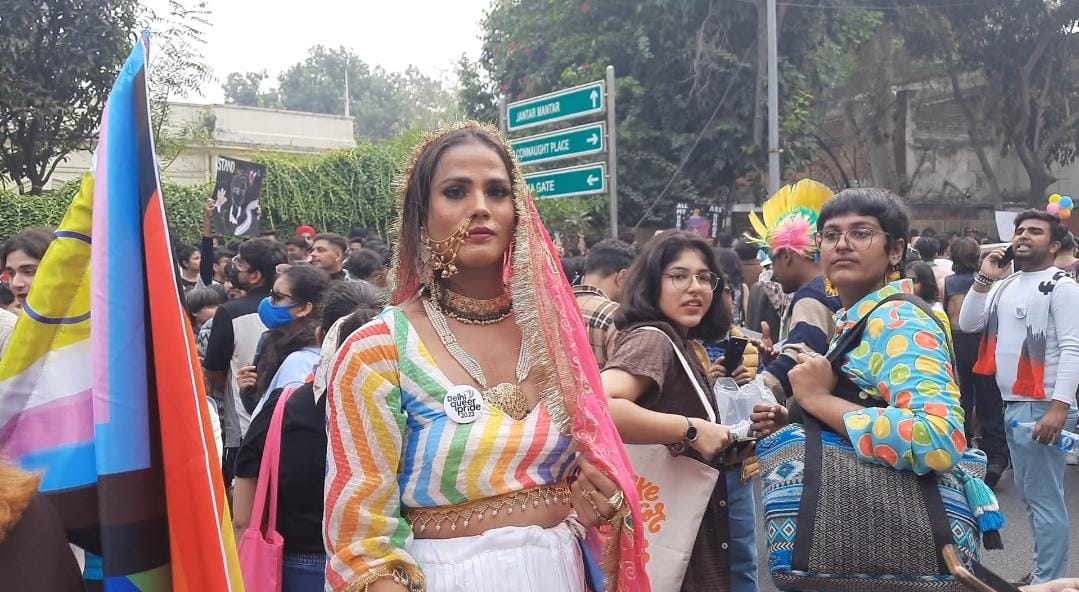
Smriti Irani, the Minister of Women and Child Development in New Delhi, responded to Manoj Jha’s inquiry about including the LGBTQIA+ community in menstrual policy in a recent ANI interview. Despite the fact that her comment is merely naive, it raises a more serious concern about the invalidation of gay experiences in health policies.
Aranya Vadera, a trans-nonbinary student majoring in children’s studies, was the subject of the Mooknayak conversation. They stated, “As someone who was assigned female at birth, I had my encounter with periods even though they stopped with physiological transition,” in reference to the trans experience regarding menstruation. Periods can be alienating to trans men who may not have received treatment and are not solely a cis-woman issue. Trans people may go through a degrading experience while receiving medical care. “I used to receive pointless and aggressive questions when I was in school, dressed stereotypically as a man, and went to the caregiver for assistance.”
“Smriti Irani’s comments are invalidating trans experience,” they continued. “Her claims give the false impression that only cis gay men make up the entire homosexual community.”
Manoj Jha questioned, “May the Minister of Women and Child Development tell us if the state is going to create a plan on menstrual health soon?” last week while the legislature was debating the issue of periods. “And does this policy support the LGBTQIA+ community’s menstrual hygiene in any way?”
Smriti Irani, the Union Minister for Women and Child Development, recently stated that she opposes the notion of giving people paid leave while they are menstruating. In the Rajya Sabha, she said this while speaking with MP Manoj Kumar Jha of Rashtriya Janata Dal (RJD).
Jha had inquired as to whether the LGBTQIA+ community would be supported by the proposed menstrual hygiene policy. “Which gay person has a period if he has no uterus?” Irani retorted. Irani eventually discussed her response in an interview with the news organization ANI. “I spoke from my personal experience because I don’t want more and more women to be harassed,” she said. Although she felt the person asking the question wasn’t looking for solutions for women, she admitted that she could have said more.



